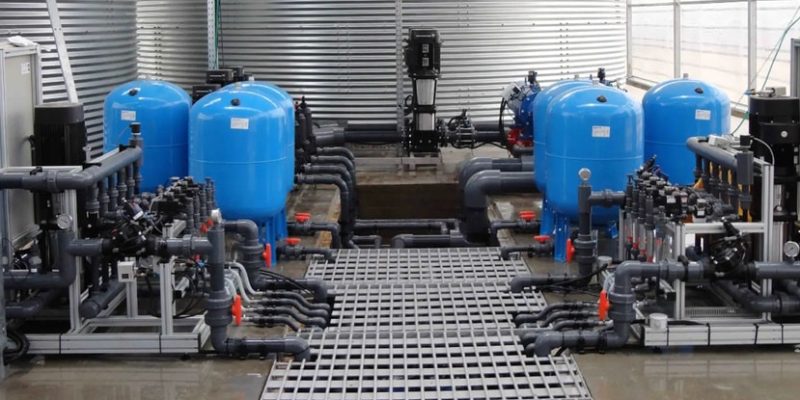Ivory Coast is counting on Netafim's advanced agricultural technologies to help restore its degraded land. On 12 October 2023, the "Initiative Abidjan" coordination unit signed an agreement with the Israeli supplier to install its irrigation systems in nine agropoles.
The new partnership was signed on the sidelines of the sixth edition of the International Agriculture and Animal Resources Exhibition (SARA), held at the Abidjan Exhibition Centre in Ivory Coast from 29 September to 8 October 2023. “By joining the Abidjan Initiative, Netafim is honoured to continue its commitment to building climate-resilient communities in Africa,” said Michael Bruderli, Business Development Manager for Sub-Saharan Africa at the Israeli irrigation systems supplier, on 12 October.
The “Abidjan Initiative”, supported by Netafim, aims to integrate sustainable soil management and the restoration of severely degraded forest ecosystems in Ivory Coast into its development strategies. In this West African country, “the forest area represented 16 million hectares in the 1900s, compared with 2.9 million hectares in 2021″, recalled Ivorian President Alassane Outtara in May 2022 when he launched the restoration project. The government’s ambition is to cover 3 million hectares of forest in Ivory Coast by 2030.
Netafim will support this ambition by supplying and installing its irrigation systems in nine agropoles. This equipment should help to rationalise water resources. The Israeli company also manufactures and distributes crop management systems, including monitoring and control systems and dosage systems.
Read Also – MOROCCO: Netafim irrigation systems supplier opens a factory in Kenitra
The persistence of certain unsustainable agricultural practices over the past 60 years in Ivory Coast, and the drop in rainfall, have led to the degradation of forest and terrestrial ecosystems and a fall in agricultural yields across the country, causing a gradual increase in food imports since the 1990s for commodities such as rice, wheat, fruit and vegetables, sugar, vegetable oils and fats, and so on. In 2022, for example, rice imports topped the 1.5 megatonne mark, at a cost of 500 billion CFA francs (762 million euros).
Inès Magoum







